The content of the article
Tea made from raspberry leaves has long been known as an antipyretic and tonic. It perfectly quenches thirst, does not harm the body and contains a long list of nutrients. The use of natural components in the treatment and prevention has a tangible advantage over pharmaceutical products, especially in childhood, during pregnancy, and breastfeeding.
Fragrant raspberry leaf on guard of health
A small shrub can be found in any suburban area. Without fragrant raspberry berries, summer is unthinkable, fragrant jam is considered to be an excellent addition to a friendly tea party, and dried fruits are stored all winter and are used to add to compotes and make healing broths. Real herbalists know that not only berries are useful in a raspberry bush, and they also use young shoots, plant leaves.
A wild relative of the garden beauty is widespread in many countries. Externally, forest raspberries are almost no different from varietal, only smaller leaves and berries. In terms of taste, the garden variety is much sweeter, its berries are larger, the repairing varieties bear fruit from the beginning of summer to the first frosts.
A wild-growing species is common in most regions of Russia, in almost all European countries, and is found on the American continent.
The plant is so unpretentious that it can be found even in old conflagrations. It is the first to start exploring burned-out areas of the forest, gradually preparing the ground for other shrubs and grasses. Raspberries are resistant to adverse climatic conditions and weather changes. In a few years, it can grow in a large area due to creeping rhizomes, for which even stony soils do not become a serious obstacle. The stems of the plant live for 2 years, after fruiting they dry out, and from the neighboring bud the next year new vygonka appear with a bluish bloom and rare small spines. For harvesting for the winter, leaves and tops of shoots are used.
They are harvested in spring, after flowering. Summer leaves lose half the healing qualities and poorly tolerate drying, crumbling almost into dust. In repair garden varieties, additional shoots appear closer to autumn. From these annuals, you can also collect leaves and gently dry them in a cool, shady place.
Raspberry leaf: composition, benefits
They talked about garden raspberries in the 16th – 17th centuries, before that in chronicles dating back to the 3rd century BC. e., a wild species is mentioned. It also lists its beneficial properties and even gives several recipes for use. On the basis of the wild ancestor, many varieties were developed that are divided into standard and time-bearing fruiting. Additional criteria are the size of the berries, their color, and resistance to external conditions. The composition of the fruits varies slightly in sugar and vitamin C. The content of nutrients in the green mass is approximately the same, the list includes:
- glucose
- tannins;
- organic acids;
- sucrose;
- flavonoids;
- vitamins B, C, A, PP, E;
- phosphorus;
- calcium;
- potassium;
- sodium;
- copper;
- magnesium;
- iron;
- fluorine.
The concentration of substances in the leaves is lower than in berries, but the spectrum of their application is wider, the effect on the body systems is milder, the likelihood of allergic reactions is very low.
Tea made from raspberry leaves contains important elements that reduce the fever during colds, and acts prophylactically during the period of widespread illness with influenza and SARS.Freshly brewed tea has a hemostatic, anti-inflammatory, antipyretic, diaphoretic effect, stimulates the excretion of excess fluid from the body, preventing the appearance of edema. It is used as additional support for immunity, it is included in the complex therapy in the treatment of the heart and blood vessels. With gum disease and pediatric stomatitis, it successfully replaces pharmacy products. Instead of coffee and tea, you should switch to an infusion of raspberry leaves. It normalizes intestinal motility, stimulates the restoration of natural microflora, reduces pain in gastritis, enteritis. With a protracted dry cough, the decoction will also benefit, reducing throat irritation and stimulating expectoration of sputum.
Women's health in a raspberry leaf
Sometimes there are contraindications to the use of raspberries, and the ban does not apply to leaves. Fragrant transparent tea will facilitate the onset of menstruation, reduce discharge and relieve obsessive pulling pain, stabilize mood, remove chills and a feeling of internal cold.
Please note: a few cups of raspberry decoction per day increases the likelihood of conception.
In the first trimester of pregnancy, it is recommended to remove invigorating drinks from the diet that can cause heartburn, soda, causing flatulence and bloating, replacing them with herbal teas. Usually these are fees, including plants with sedative, immunostimulating effects. Many fees include raspberry leaf. In the later stages, tea is recommended as part of preparatory measures for childbirth. It gently relaxes the cervix, gives elasticity to the birth canal, reduces the pain of the first contractions. You need to drink the broth very carefully, strictly following the recommendations of the doctor and observing not only the dosage, but also the specific temperature of the drink.
Important: hot broth stimulates an increase in uterine tone and the onset of labor.
Menopausal syndrome gives a lot of disappointment with the resulting ailments and age-related changes in appearance. Raspberry tea will be a great alternative to coffee, spoiling the color of tooth enamel and loosening fragile emotional balance. Effective broth with hot flashes, headache, spasms of blood vessels, night cramps, high blood pressure, uterine bleeding. If you regularly drink tea brewed from raspberry leaves with the addition of linden blossom, oregano and a drop of honey, it normalizes sleep and helps relieve nervous tension.
Beauty secrets
The anti-inflammatory and tonic properties of the leaf are used in the preparation of homemade lotions. Fresh broth is cooled and frozen. Wipe the face with ice cubes instead of morning wash. Such procedures are especially useful for age-related skin during menopause, as they tone, improve local blood circulation, and relieve inflammation and irritation.
Leaf Harvesting Rules
The taste and useful properties of the drink depend on the quality of the feedstock and the method of drying it. There are no special secrets, it is enough to strictly observe the collection dates that fall in May and early June. Without harm to the bush, you can collect about a third of the green mass, choosing brightly colored, intact leaves without spots and drying tips.
You can restrict yourself to conventional drying in a shady place with free air circulation and store the workpiece in a sealed jar, after making sure that the leaves are completely dried and there are no damp ones.
Another way that increases the usefulness of raw materials is the use of fermentation technology. For this:
- leaves are twisted into tight sausages;
- placed in enameled dishes;
- cover with a damp cloth to create a certain temperature;
- left for half a day in a warm place.
Readiness is determined by the smell when it changes from herbal to fruity.Drain the raw materials in an open oven for about 60 minutes. Shelf life is 2 years, then the nutrients are destroyed and there is only a slight smell of greenery.
Healthy Drink Recipes
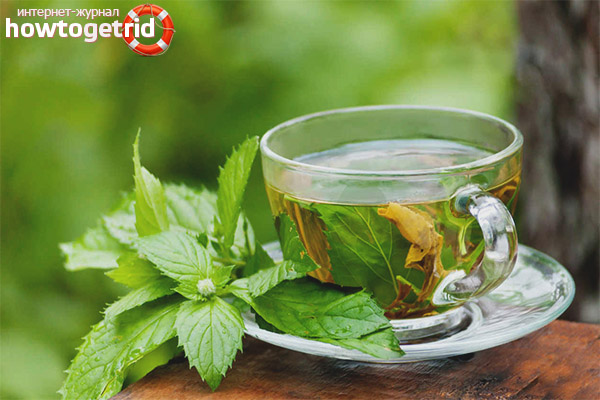
Raspberry leaf is useful in itself, and in combination with additional components its effect is enhanced. There are several popular recipes.
- A classic drink is easy to prepare. 1 tsp dry leaves pour a glass of boiling water and insist 15-20 minutes under a warm towel.
- A mixture of raspberries, mint and linden blossom in equal proportions is poured with boiling water and insisted for half an hour. Then filter and drink instead of tea.
- Raspberry leaf with ginger is brewed in a water bath. It is used as a prophylactic for colds.
- Village tea consists of leaves and twigs of fruit trees and shrubs, including apple, pear, currants, cherries, mountain ash, raspberries. The basis is Ivan tea, to diversify the taste will help lemon or honey.
Possible harm and limitations
The main contraindication is individual intolerance, but it is very rare. The main limitation applies to women in late pregnancy. A hot drink is a powerful stimulator of labor, so it must be completely excluded from the diet or taken under the direct supervision of an obstetrician.
Also, do not abuse the drink:
- with kidney disease;
- asthma
- chronic constipation;
- during an exacerbation of gastrointestinal diseases.
Keep in mind: raspberries quickly absorb harmful substances and emissions - it is impossible to collect it near motorways and enterprises.
The strength of nature makes it possible to choose alternative methods of treating many diseases with the help of herbal medicine. Its advantage is in the naturalness of the components, mild effects on the body, long-lasting effect and a small list of contraindications. Tea from raspberry leaves is very useful at any age: it gently supports and heals the body.
Video: raspberry leaf tea

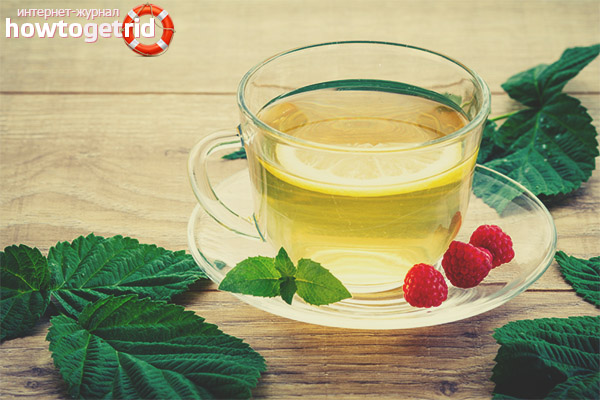
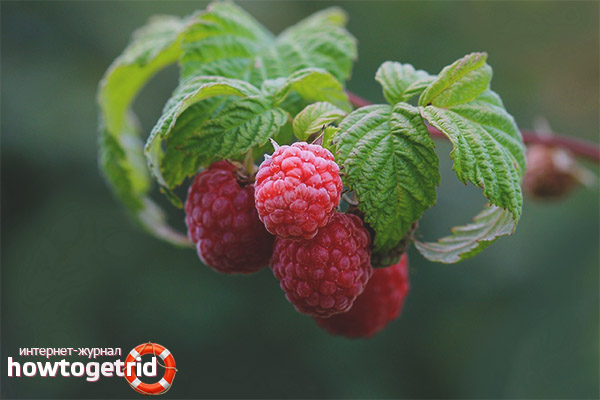
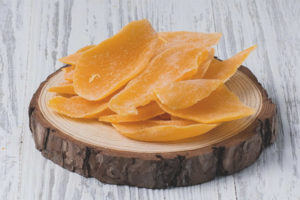
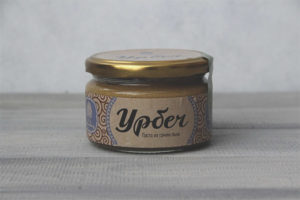
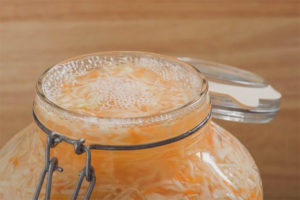
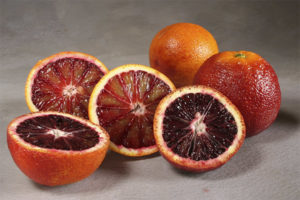
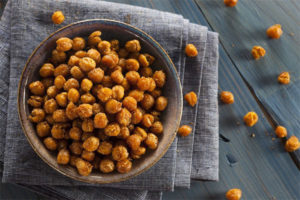
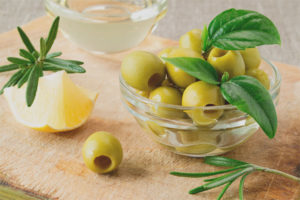
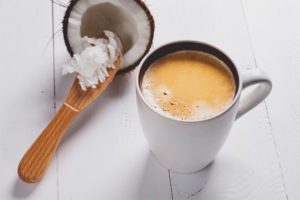
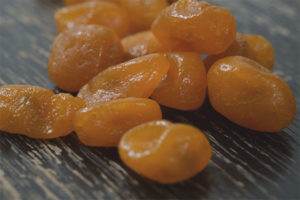
Submit